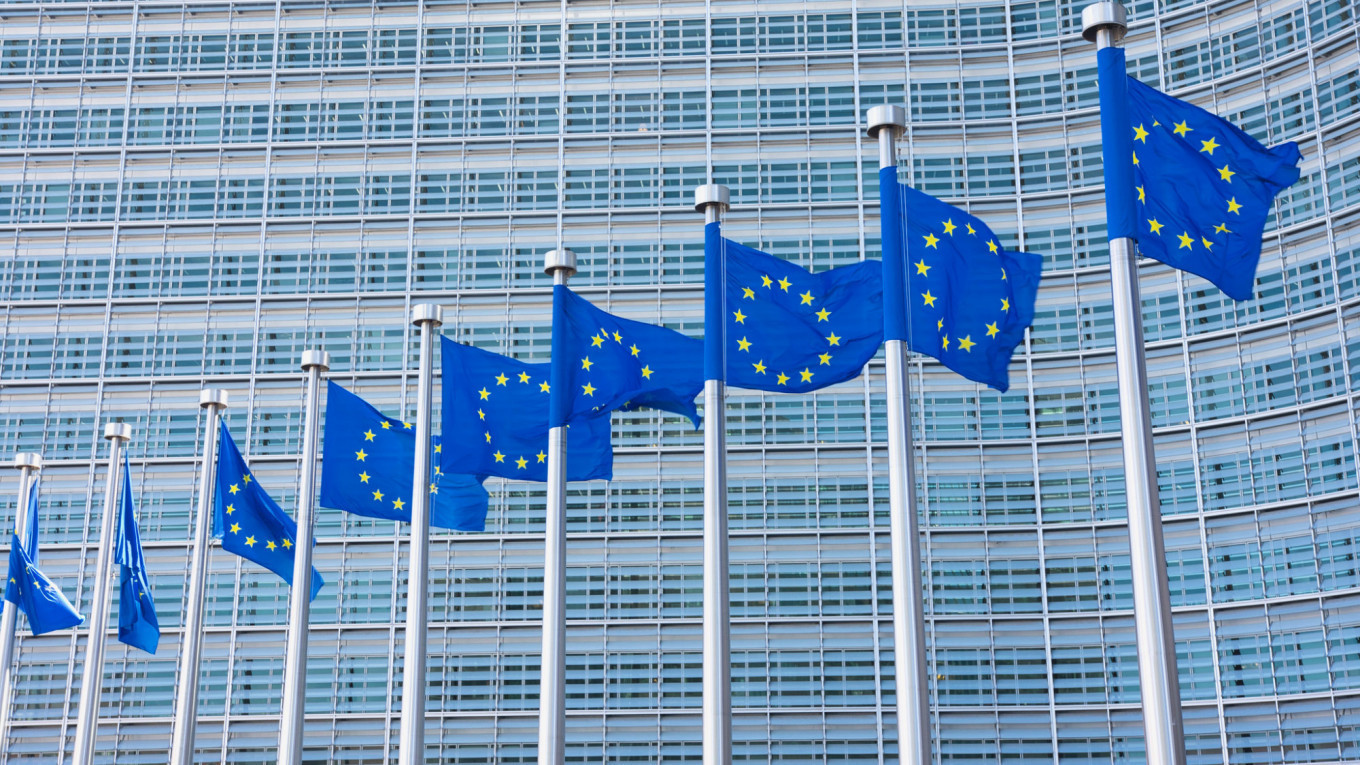The European Union has postponed the implementation of its 19th sanctions package against Russia indefinitely, as reported by Politico on Tuesday, citing sources familiar with the matter.
Officials in European capitals were notified about the delay on Monday afternoon, although it is uncertain when the new package will be completed or the reasons behind the postponement. Earlier, EU foreign policy chief Kaja Kallas indicated that the bloc expected the new measures to be prepared by the end of the month.
Some member countries have advocated for the new sanctions to impose stricter visa restrictions on Russian nationals. Visa issuance is currently managed by individual nations, resulting in significant disparities. For instance, Poland and the Netherlands ceased issuing tourist visas to Russians following the 2022 invasion of Ukraine, while Spain and Slovakia recently reopened visa application centers in Moscow.
Yulia Navalnaya, widow of the late opposition leader Alexei Navalny, has appealed to the EU not to enforce blanket restrictions on tourist visas, contending that such actions would harm ordinary Russians and enhance Kremlin propaganda. According to data from the European Commission, over 500,000 Russians obtained Schengen visas in 2024, a considerable increase compared to the previous year.
The delay of the 19th sanctions package is occurring alongside renewed pressure from U.S. President Donald Trump, who urged NATO allies over the weekend to cease purchasing Russian oil.
In a post on Truth Social, Trump expressed his readiness to impose significant sanctions on Russia once allies reached an agreement to take similar actions. He also proposed that NATO countries implement tariffs of 50-100% on Chinese products, asserting that this would diminish Beijing’s “strong control” over Russia.
However, Trump’s proposal is unlikely to be well received, as several NATO members, including Turkey, Slovakia, and Hungary, have significant reliance on Russian energy and may be hesitant to sever ties with Moscow.
Meanwhile, the EU has committed to phasing out Russian energy imports by 2027 but has been cautious against calls for an immediate cessation.

